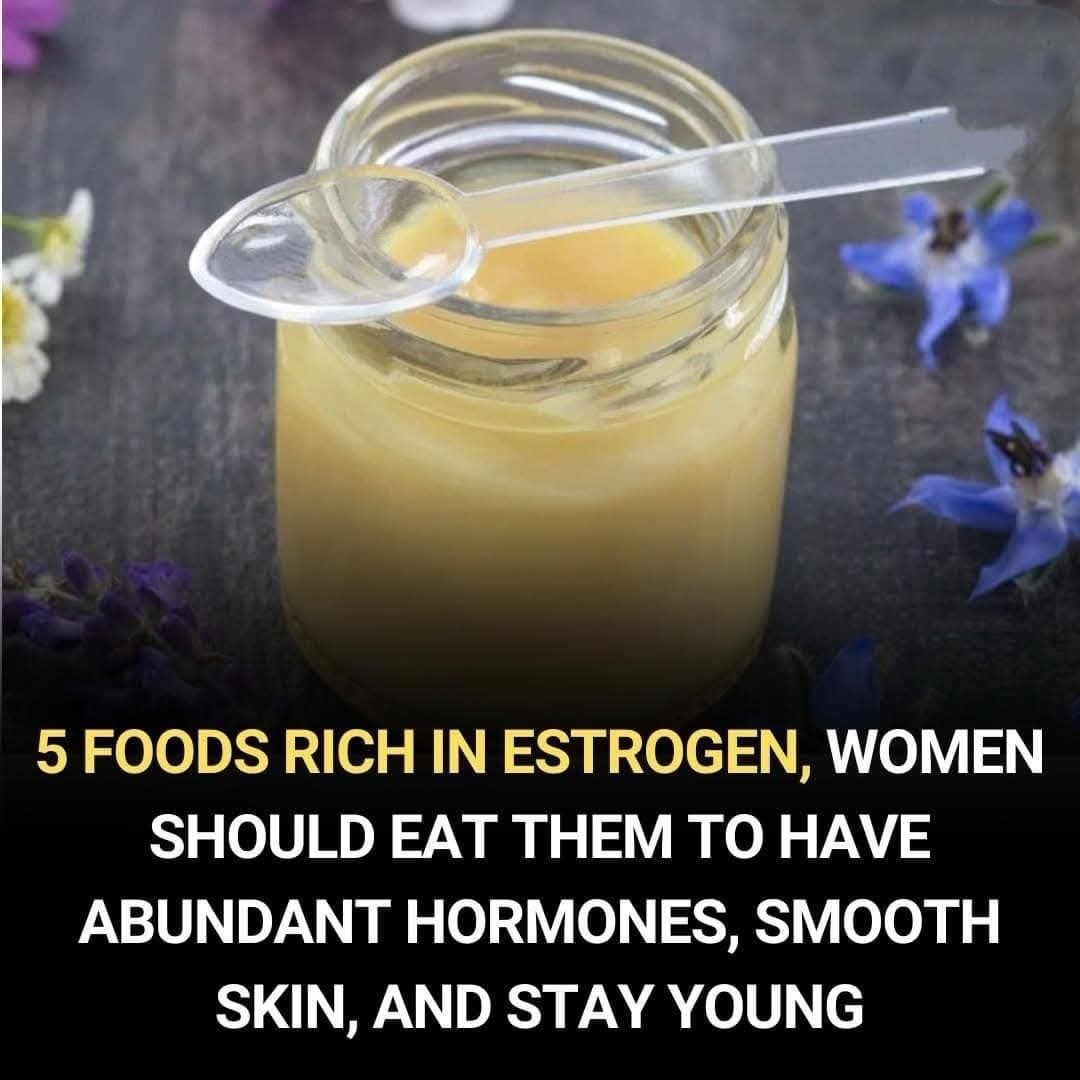ADVERTISEMENT
### **Adding Foods That Can Help Increase Estrogen for Women’s Health**
Estrogen is one of the most important hormones in the female body, primarily responsible for regulating the female reproductive system, influencing menstrual cycles, and supporting bone health, among other key functions. As women age, especially as they approach menopause, estrogen levels naturally decline, which can lead to various physical and emotional symptoms such as hot flashes, mood swings, vaginal dryness, and bone thinning. While hormone replacement therapy (HRT) and other medical treatments can help, there are natural ways to support the body’s estrogen production through the foods we eat.
In this article, we will explore the role of estrogen in women’s health, the signs of estrogen imbalance, and a variety of estrogen-boosting foods that can be beneficial for women of all ages. Whether you are looking to balance your hormone levels, alleviate symptoms of menopause, or simply optimize your overall health, the right foods can be an essential tool in maintaining your well-being.
### **What Is Estrogen and Its Role in Women’s Health?**
Estrogen is a group of hormones that play a vital role in the development and regulation of the female reproductive system, including the breasts, ovaries, and uterus. It is produced primarily by the ovaries, although the adrenal glands and fat tissue also contribute to estrogen production, particularly after menopause.
There are three main types of estrogen:
– **Estrone (E1):** The predominant form of estrogen in postmenopausal women.
– **Estradiol (E2):** The most potent and prevalent form of estrogen during a woman’s reproductive years.
– **Estriol (E3):** The weakest form of estrogen, produced in large amounts during pregnancy.
Estrogen influences a variety of bodily functions, including:
1. **Reproductive health:** Estrogen regulates the menstrual cycle, and it plays a critical role in ovulation and fertility. Low estrogen can lead to irregular periods, infertility, and difficulty conceiving.
2. **Bone health:** Estrogen helps in the regulation of bone metabolism, preventing excessive bone resorption. A decline in estrogen levels can increase the risk of osteoporosis and bone fractures.
3. **Heart health:** Estrogen helps maintain healthy cholesterol levels, supports blood vessel function, and has protective effects on the heart.
4. **Skin and hair health:** Estrogen contributes to collagen production, keeping skin firm and elastic. It also plays a role in hair growth and thickness.
5. **Mood and cognitive function:** Estrogen influences mood-regulating neurotransmitters such as serotonin and dopamine, which can impact emotions, cognition, and mental well-being.
### **Signs of Estrogen Imbalance**
Estrogen imbalances can occur when estrogen levels are either too high or too low. These imbalances are often associated with hormonal changes such as puberty, pregnancy, and menopause. Symptoms of estrogen deficiency or excess can vary and may include:
For Complete Cooking STEPS Please Head On Over To Next Page Or Open button (>) and don’t forget to SHARE with your Facebook friends
